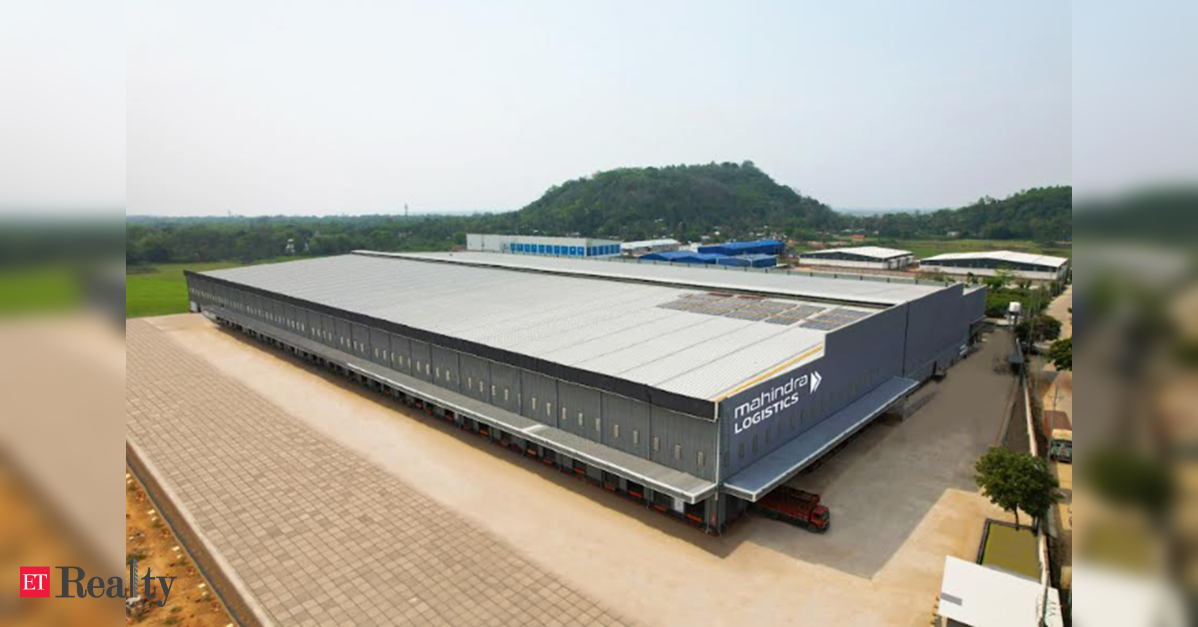
NEW DELHI: Private equity (PE) investments in India’s real estate sector showed signs of moderation in the first half of FY26, with overall inflows decreasing by 15% year-on-year compared to the same period last year, as reported by Anarock Capital.
Total PE inflows reached USD 2.2 billion in H1 FY26, down from USD 2.6 billion in H1 FY25. Despite a decline in the number of transactions, average deal sizes remained stable, falling within the range of USD 60–100 million.
“Q1 FY26 had a promising showing; however, enthusiasm waned as we moved into the second quarter. Evaluating the entire fiscal year, PE activity has seen a steady decline from the peak of USD 6.4 billion in FY21 to USD 3.7 billion in FY25. While the H1 FY26 figure of USD 2.2 billion may seem positive, it’s important to recognize that overall activity has decreased by 15% year-on-year compared to H1 FY25,” stated Shobhit Agarwal, CEO of Anarock Capital.
Decreased concentration of deals; fewer large transactions
The proportion of the top 10 PE deals dropped to 77% of total activity in H1 FY26, down from 93% during the same period last year, indicating a more balanced distribution of deals.
“Unlike FY25, which was marked by significant transactions like the Reliance–ADIA–KKR deal, FY26 seems more evenly distributed without any single large deal dominating the overall volumes,” commented Aashiesh Agarwaal, Senior Vice President of Research & Investment Advisory.
Increased activity in MMR, Kolkata, and Chennai
The Mumbai Metropolitan Region (MMR) and Kolkata saw a notable rise in PE activity, together accounting for half of all transactions in H1 FY26. MMR’s share increased from 12% to 33%, buoyed by the Kanakia–Hines–Mitsubishi–Sumitomo deal, while Kolkata’s share surged from 0% to 17%, primarily due to Blackstone’s acquisition of South City Mall, where ANAROCK served as the transaction advisor.
Shift in asset class focus
Investment priorities have shifted in H1 FY26, with higher interest in retail, mixed-use, commercial offices, hotels, and data centers. The industrial and logistics sector, which held a 47% share in FY25, reported no institutional transactions during the current period.
Stable equity share; rebound in foreign capital
Equity deals maintained a strong presence, constituting 78% of total PE transactions in H1 FY26, aligning with historical patterns, except for the atypical FY25 gains from a major hybrid deal. Additionally, foreign investors regained a larger portion of total capital, contributing 73% of inflows in H1 FY26, up from 65% in FY25.
“We are witnessing a gradual return of foreign capital, coupled with increasing collaboration between domestic and international investors,” Agarwal added.
Sectoral highlights
Residential: Consolidation persists amidst softer launches and sales, yet investor interest remains strong, particularly in equity-led structures.
Commercial: Leasing activity remains robust, driven by Global Capability Centres (GCCs) and flexible-space operators, with USD 869 million worth of office assets transacted in H1 FY26 — more than double the average in recent half-years.
Retail: The sector exhibited strong momentum, supported by solid operating metrics and significant transactions from Nexus Select and Blackstone.
REITs: The period witnessed notable stock rallies (up 15–27%) and the introduction of India’s fifth REIT — Knowledge Realty Trust, which was oversubscribed 12.5 times.




